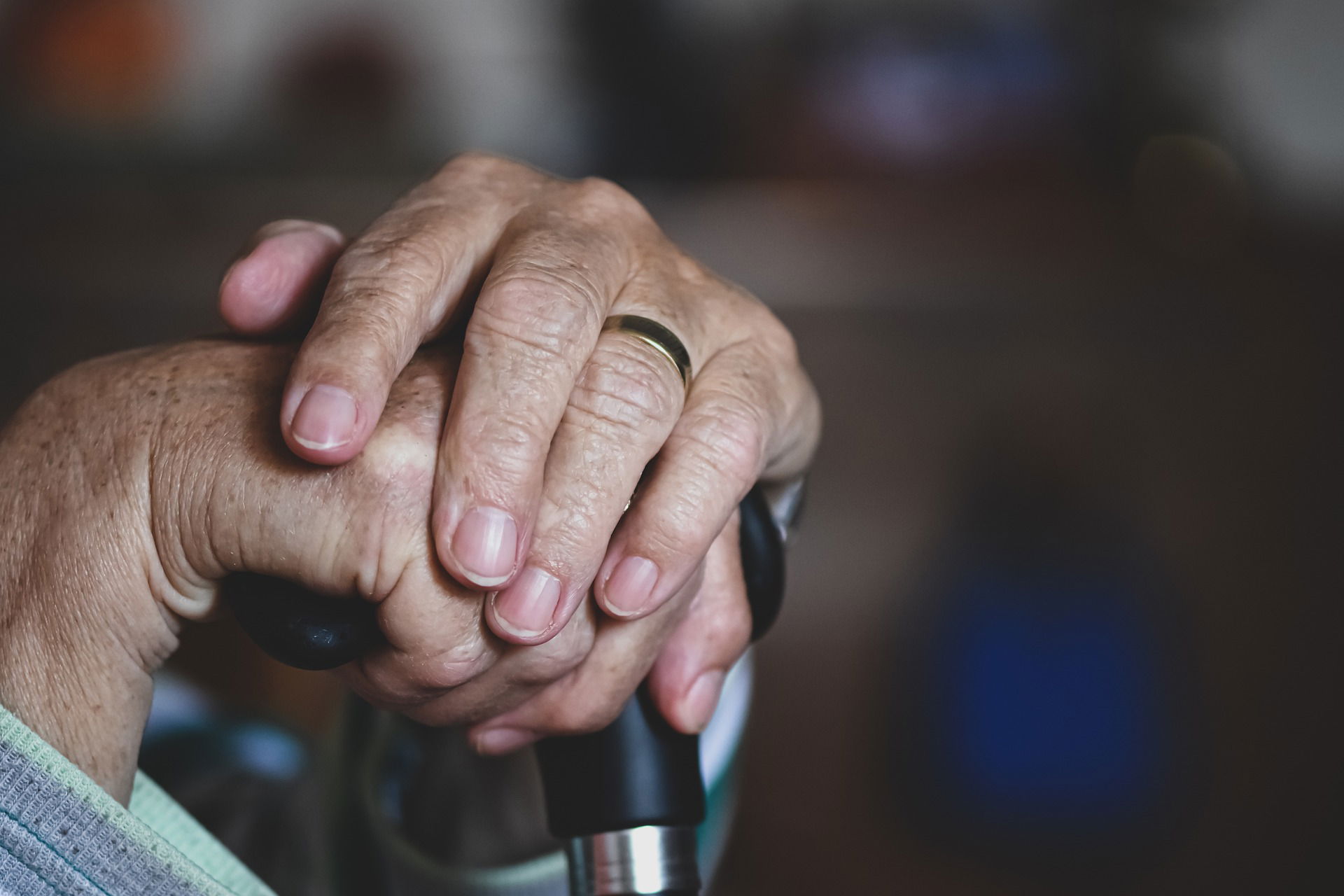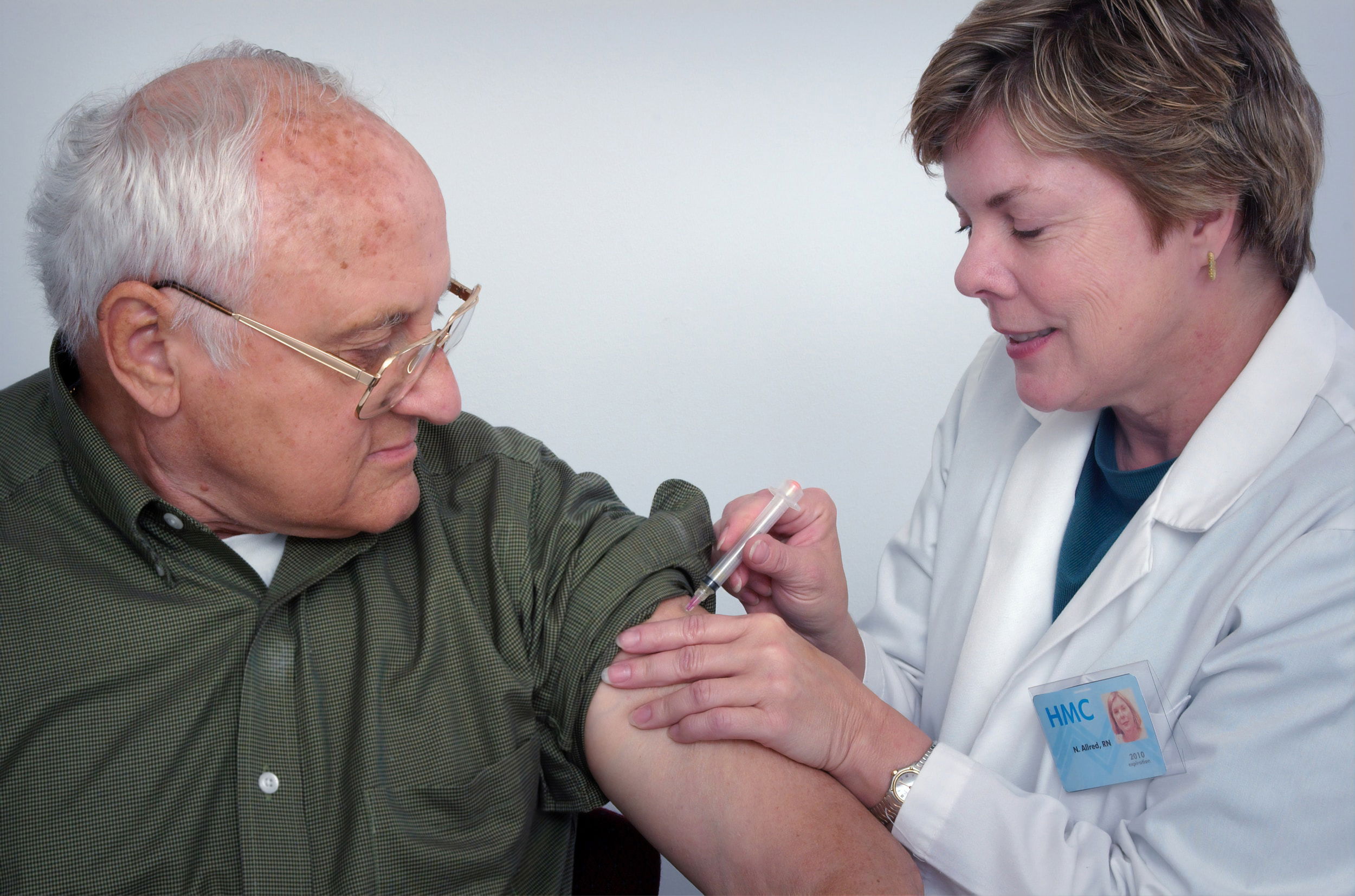Caring for Our Elders: The Crucial Role of Healthcare


As societies around the world continue to age, the healthcare needs of the elderly have become an increasingly significant concern. The elderly population, often defined as those aged 65 and above, faces unique healthcare challenges that demand attention, compassion, and tailored solutions. In this article, we will explore the critical role of healthcare in the lives of the elderly and discuss the key aspects that contribute to their well-being and quality of life.
The Aging Population Boom
One of the most prominent demographic shifts in the 21st century is the global aging of the population. As advances in healthcare and living conditions have extended life expectancy, the proportion of elderly individuals has grown significantly. With this shift comes an increased demand for healthcare services specifically designed to address the unique needs of the elderly.
Complex Health Challenges
Aging often brings a multitude of complex health challenges. Chronic conditions such as diabetes, heart disease, arthritis, and dementia become more prevalent with age. These conditions require ongoing management, regular check-ups, and sometimes, specialized care. Healthcare providers need to be well-equipped to address these multifaceted health concerns effectively.
Mental Health Matters
Mental health is a crucial aspect of elderly healthcare that can often be overlooked. Loneliness, depression, and anxiety are prevalent among the elderly population, particularly for those who may be living alone or dealing with loss. Healthcare providers should be attuned to the emotional well-being of their elderly patients and provide support, referrals, and resources to address mental health concerns.
Preventive Care and Aging Gracefully
Preventive care becomes even more important as individuals age. Regular check-ups, immunizations, and screenings can help detect health issues early, making treatment more effective. Preventive care can help the elderly lead more active, independent lives by managing chronic conditions and addressing potential health risks.
Medication Management
Elderly individuals often manage multiple medications, which can be challenging. Healthcare providers play a critical role in ensuring that the elderly understand their medications, potential interactions, and side effects. Medication management is essential for the elderly to avoid adverse events and optimize their quality of life.
Home-Based and Long-Term Care
Many elderly individuals prefer to age in place, remaining in their homes rather than moving to assisted living facilities or nursing homes. In such cases, home-based healthcare and long-term care services are vital. These services may include home health aides, physical therapists, and occupational therapists who can provide necessary care and support within the home environment.
Family and Community Involvement
Healthcare for the elderly extends beyond medical professionals. Family members and the community have significant roles to play in ensuring the well-being of the elderly. Family caregivers often provide substantial support, and community programs and services can enhance social interaction and mental well-being.
Dignity in End-of-Life Care
A crucial aspect of elderly healthcare is end-of-life care and ensuring a dignified and comfortable transition for those at the end of their lives. Palliative care and hospice services aim to provide compassionate care that alleviates suffering and focuses on the patient's comfort and emotional well-being.In conclusion, the healthcare of the elderly is a multifaceted and vital component of our healthcare system. As the elderly population continues to grow, we must recognize and address their unique needs, from physical and mental health to social and emotional well-being. By focusing on preventative care, medication management, and the role of family and community, we can provide the elderly with the care and support they need to age with dignity and grace. It's a responsibility that touches us all, as each of us is on the journey of growing older.